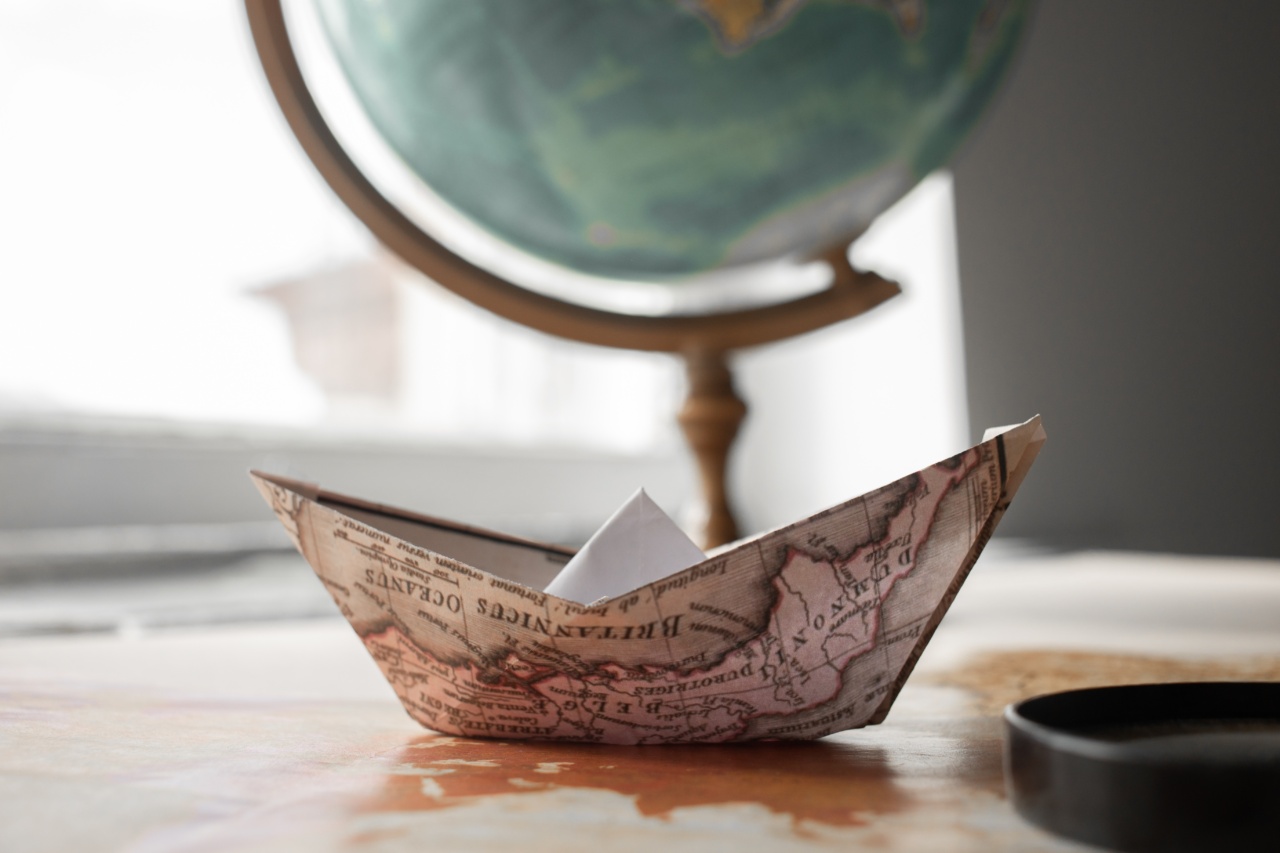Boating can be a fun and exciting activity, but it can also be damaging to your ears. The loud noise of the engine and the wind can cause permanent hearing damage if you’re not careful.
In this guide, we’ll go over some tips for preventing ear damage while boating.
1. Wear Earplugs
One of the easiest and most effective ways to prevent ear damage while boating is to wear earplugs. They will help to reduce the amount of noise that enters your ear canal, which will protect your hearing.
There are different types of earplugs available, some are disposable and others are reusable. Find the one that suits you.
2. Use Noise-Canceling Headphones
If earplugs are uncomfortable for you, you can use noise-canceling headphones. These headphones use technology to cancel out the noise around you, so you can listen to music or enjoy a conversation without straining your ears.
They are a bit expensive but are worth the price.
3. Keep Your Distance
The closer you are to the engine, the louder the sound will be. To avoid this, try to keep your distance from the engine while boating. Sit closer to the front of the boat and away from the engine.
This will also give you a better view while enjoying your surroundings.
4. Reduce Speed
The noise of the engine increases with the speed of the boat. To reduce the noise, reduce the speed of the boat. This will not only protect your ears but also save fuel. So, keep in mind that slow and steady wins the race.
5. Take Breaks
It’s important to take breaks during your boating trip to give your ears a rest. Take a few minutes away from the noise, and let your ears recover.
This will also give you time to enjoy the scenery and the company without being distracted by the sound of the engine.
6. Check Your Ears Regularly
It’s essential to check your ears regularly for any signs of damage. If you notice any ringing or buzzing in your ears or have difficulty understanding conversation, you may have damaged your hearing and should visit a doctor for a check-up.
7. Boat in Calm Weather
Boating in calm weather helps to reduce the noise of wind and waves, which will lessen the noise exposure to your ears. Plan your boating trip when the weather is calm, and you can enjoy your trip without any damage to your ears.
8. Choose Mufflers and Silencers
Choose mufflers and silencers for your engine as they significantly reduce the amount of noise produced by the engine. They can be a bit expensive, but they’re worth it as they protect not only your ears but your surroundings too.
9. Educate Those Around You
It’s important to educate those around you on the importance of protecting their ears while boating, particularly if you are boating with children or less experienced riders.
Encourage them to wear earplugs or invest in noise-canceling headphones and take the necessary steps to protect their ears.
10. Get Your Hearing Checked Regularly
Finally, it’s essential to get your hearing checked regularly. Regular hearing checks can identify any hearing loss and enable your doctor to take preventative measures to protect your ears from further damage.
Conclusion
In conclusion, ear damage is a common problem related to boating, but it’s one that is preventable.
By wearing earplugs, using noise-canceling headphones, keeping your distance from the engine, reducing speed, taking breaks, regularly checking your ears and getting mufflers and silencers, you can protect your ears and enjoy your boating trip more. Don’t forget to educate those around you on the importance of ear protection. A little precaution goes a long way in preserving your hearing.































